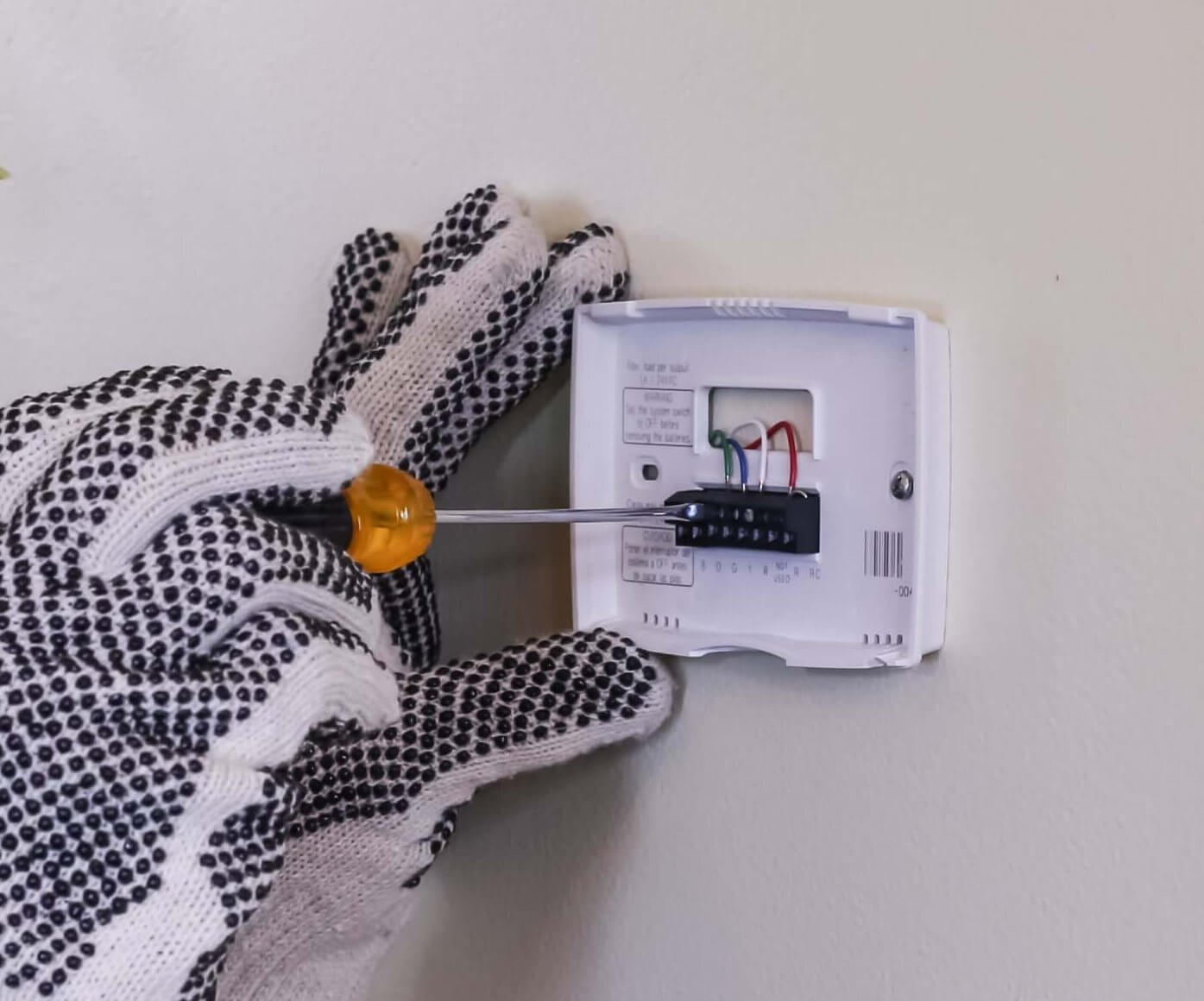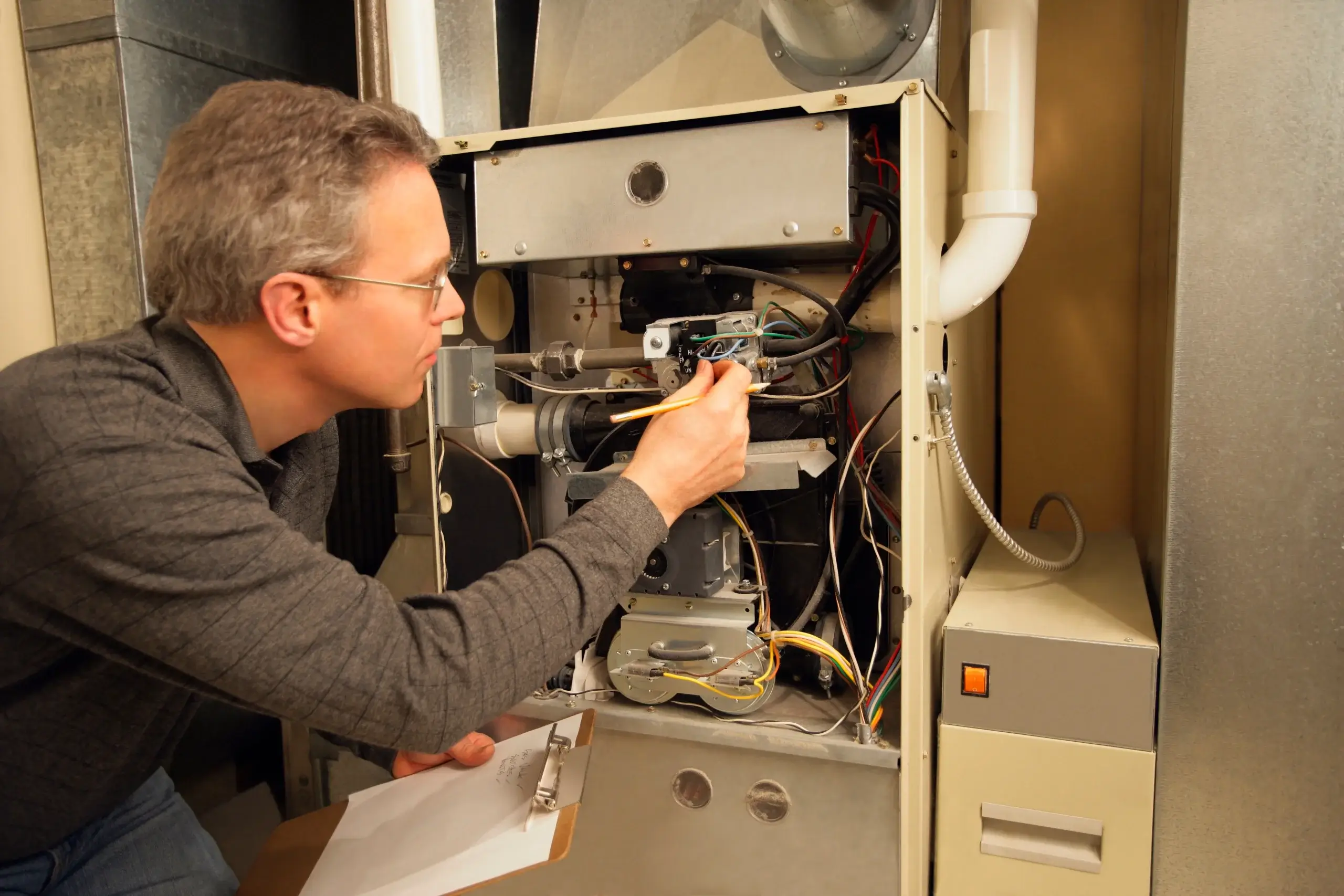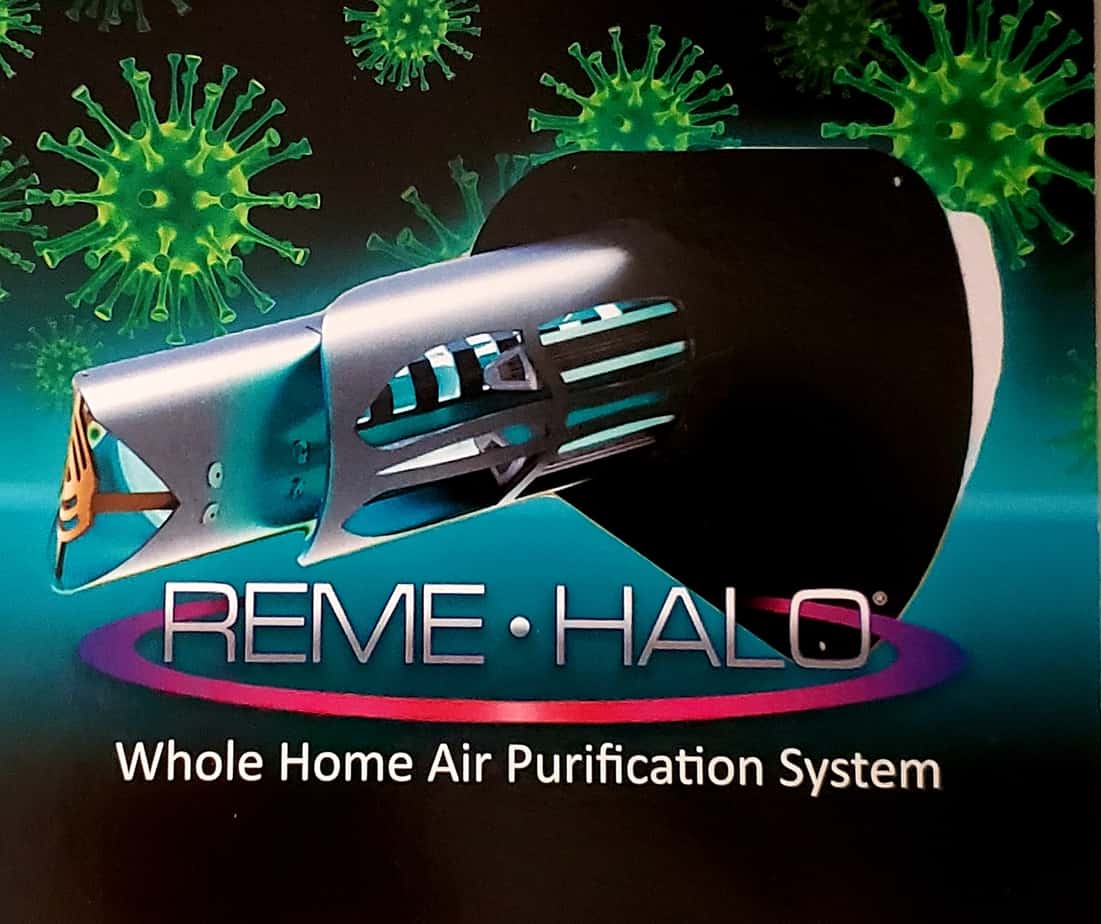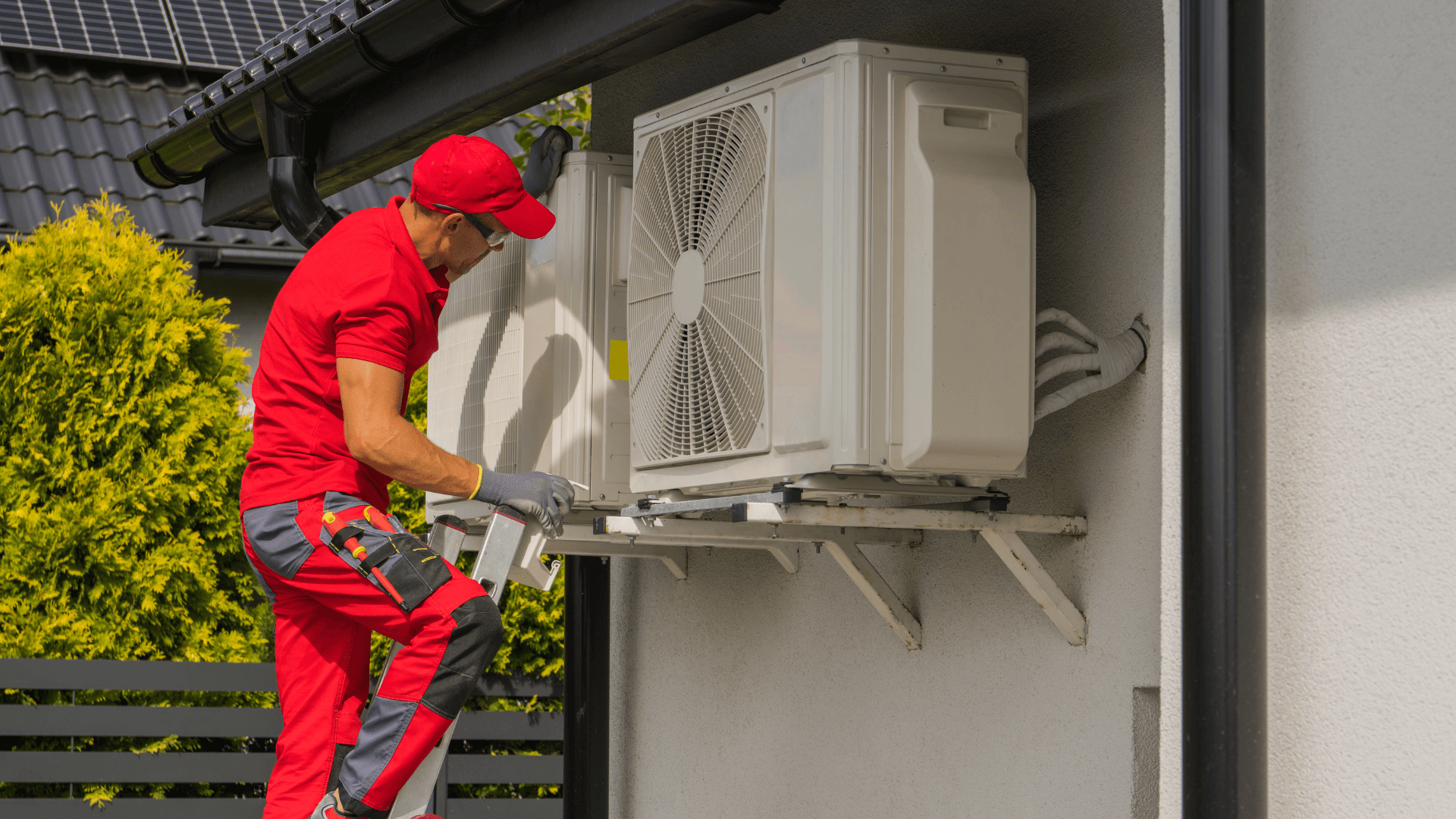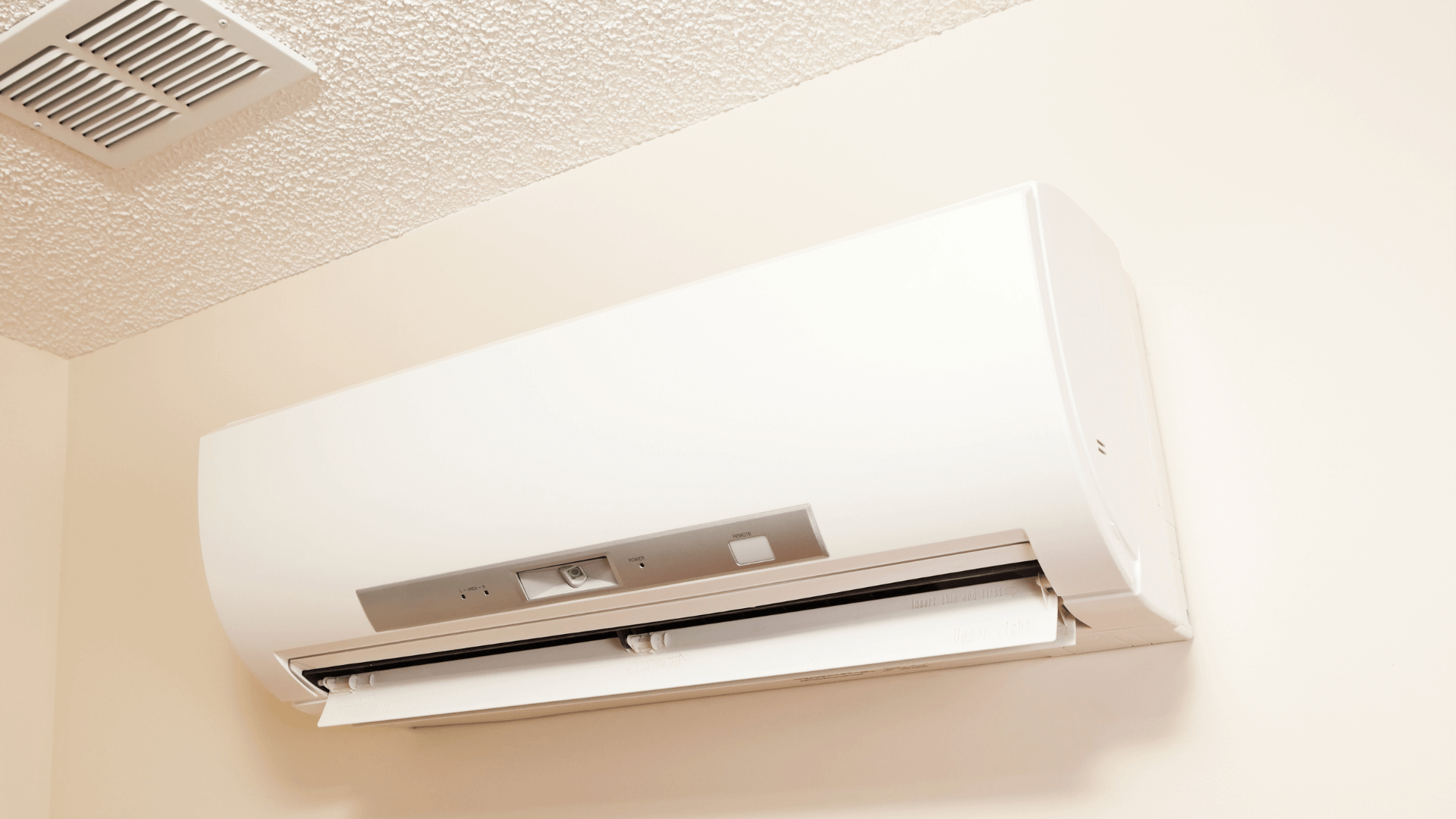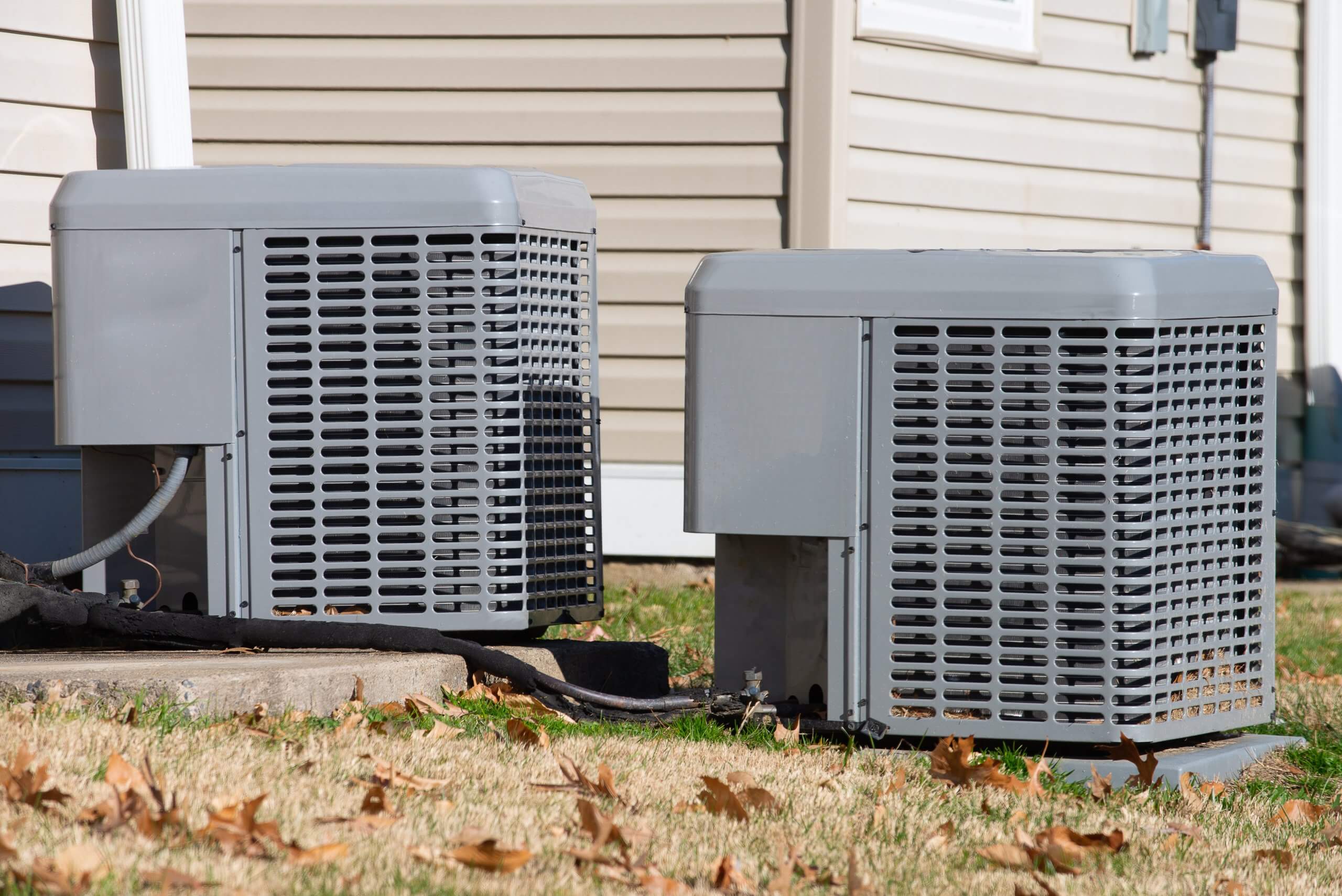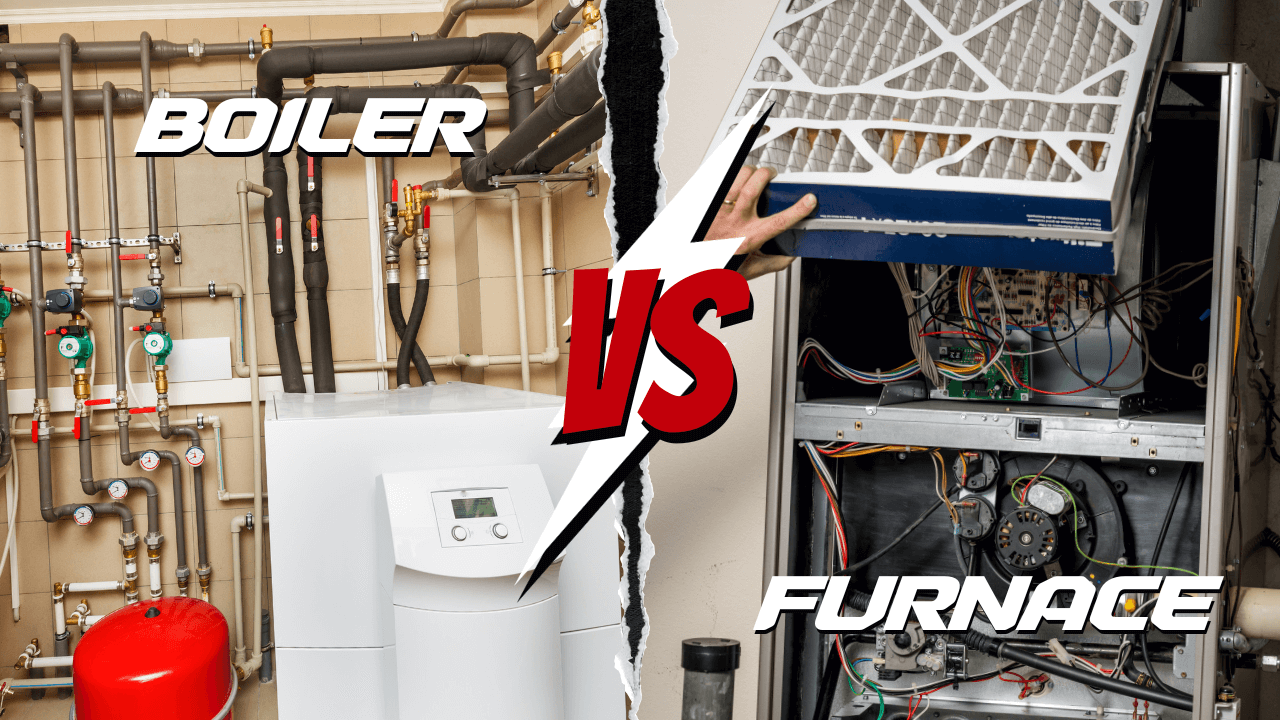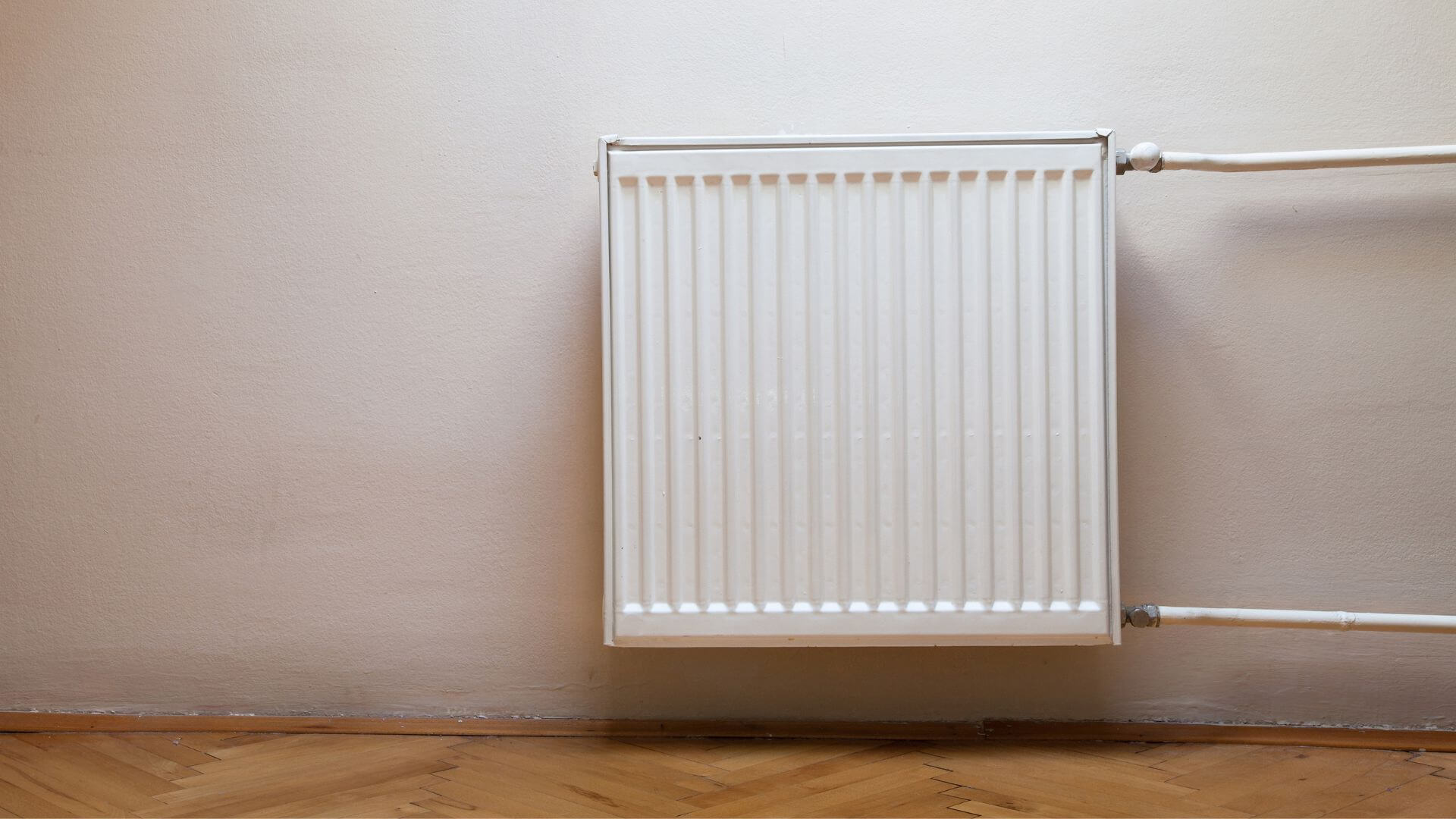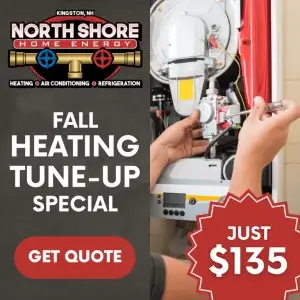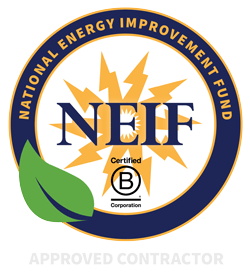Maintaining Your Ductwork With A Ductwork Inspection
- Cooling
- Heating
- Indoor Air Quality
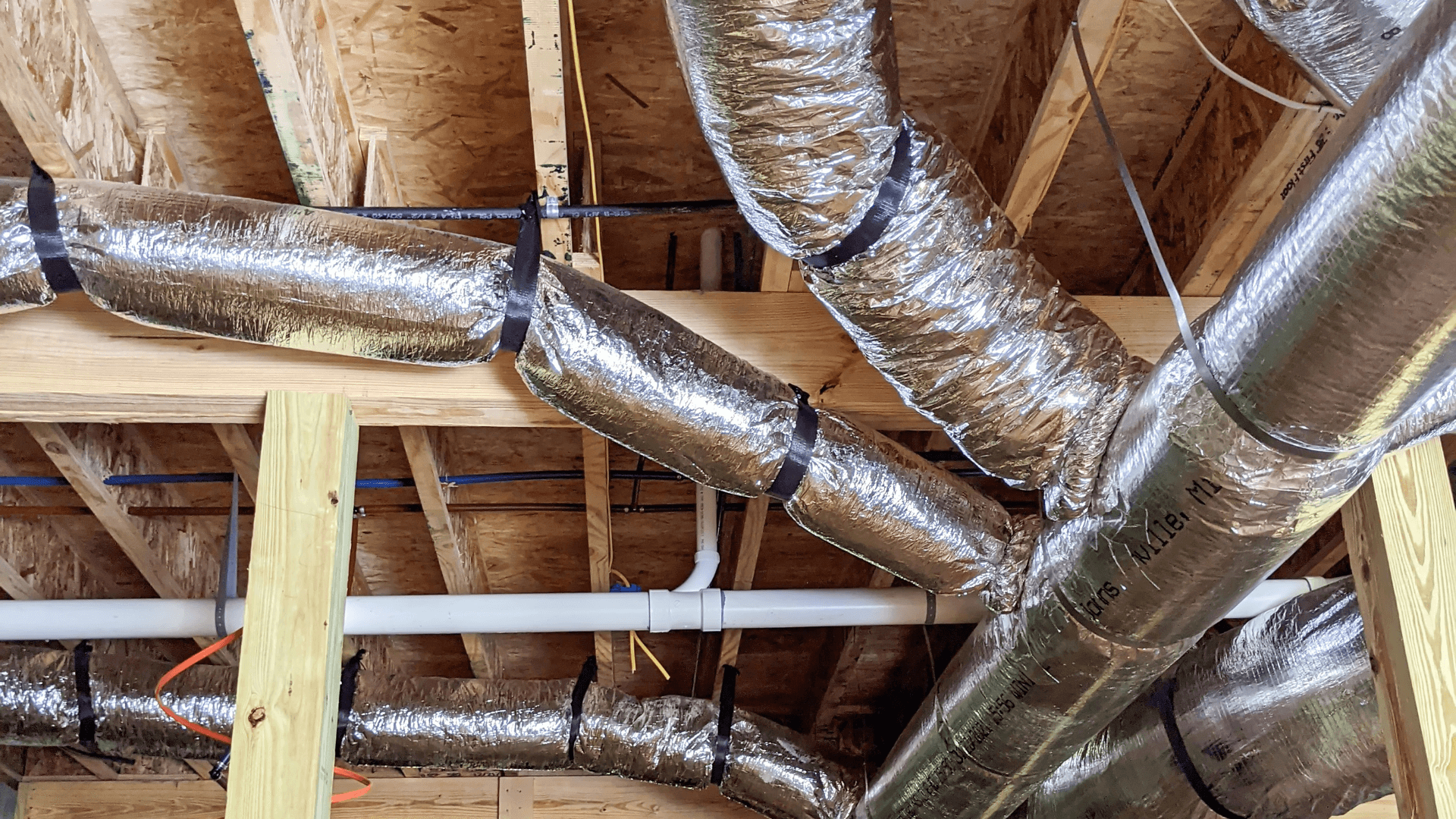
HVAC Ductwork Inspection
Ensuring the efficiency and longevity of your home’s heating, ventilation, and air conditioning (HVAC) system is crucial for maintaining a comfortable living environment. One key component that often goes unnoticed but plays a significant role in this system is the ductwork. A regular ductwork inspection can prevent a multitude of issues, ranging from reduced efficiency to compromised air quality. This article delves into the essence of ductwork, underscores the importance of diligent maintenance, introduces DIY tips, highlights signs that necessitate a professional ductwork inspection, outlines the inspection process, and discusses common issues that can be unearthed during the inspection.
What is Ductwork?
Ductwork refers to the network of tubes that distribute heated or cooled air from your HVAC system throughout your home. Ducts typically consist of metal, fiberglass, or a flexible plastic and wire composite. They hide in walls, attics, and basements. This makes them easy to overlook but crucial for comfort and energy efficiency.
The Importance of Ductwork Maintenance
Regular maintenance of your ductwork is vital for several reasons. It ensures that your HVAC system operates at peak efficiency, which can lead to significant energy savings. Properly maintained ductwork also contributes to better indoor air quality by reducing the risk of pollutants and allergens being distributed throughout your home.
DIY Ductwork Maintenance
While professional inspections are crucial, there are several maintenance tasks that homeowners can undertake to help keep their ductwork in good condition:
- Visual Inspections: Regularly inspect your ductwork for signs of wear and tear, such as holes, leaks, or disconnected parts.
- Cleaning Vents and Registers: Keep the vents and registers in your home clean and free from obstruction to maintain proper airflow.
- Sealing Leaks: Use duct sealant or metal-backed tape to seal any small leaks you may find in ductwork.
Signs Your Ductwork Needs a Ductwork Inspection
Certain indicators might suggest that your ductwork requires a professional inspection:
- Unusual noises like rattling or whistling coming from the ducts
- Inconsistent airflow or temperature differences in different rooms
- An unexplained increase in energy bills
- Visible dust or mold around vents and registers
Ductwork Inspection: Step by Step
A professional HVAC technician, such as those from North Shore Home Energy, conducts a ductwork inspection meticulously to ensure comprehensive assessment and accuracy. The process typically involves:
- Visual Inspection: Technicians start with a thorough visual examination of your ductwork, looking for any signs of damage, leaks, or disconnections.
- Leak Detection: Using specialized equipment, they detect any leaks that might not be visible to the naked eye.
- Airflow Measurement: The inspection includes measuring airflow in various parts of the duct system to identify any inconsistencies.
- System Analysis: The entire HVAC system’s performance is analyzed to ensure it’s operating efficiently and in tandem with the ductwork.
- Report and Recommendations: After the inspection, you’ll receive a detailed report outlining any issues discovered along with recommendations for repairs or improvements.
Common Issues Uncovered
These inspections must be carried out by professionals like North Shore Home Energy to ensure accuracy, and proper diagnosis, and to explore all possible repair options. Our heating and cooling experts are well experienced to effectively and efficiently inspect your ductwork. Professional ductwork inspections can reveal a range of issues that might not be apparent to the untrained eye. Some common problems include:
- Leaks and holes that lead to energy loss
- Poorly sealed connections that compromise system efficiency
- Blockages or buildup of debris and dust can affect air quality and flow
- Mold growth within the ducts can pose health risks
Maintaining Optimal Ductwork Health
Regular ductwork inspections are key to maintaining the efficiency and longevity of your HVAC system. By recognizing the importance of ductwork, engaging in simple DIY maintenance, understanding the signs that necessitate a professional inspection, and being aware of the common issues that can arise, you can ensure your home remains comfortable, safe, and energy-efficient. Remember, when it comes to ductwork inspection and maintenance, relying on experienced professionals like North Shore Home Energy can make all the difference in preserving the health and efficiency of your home’s HVAC system. Contact us today for a professional ductwork inspection.
Check out our Google Reviews!

